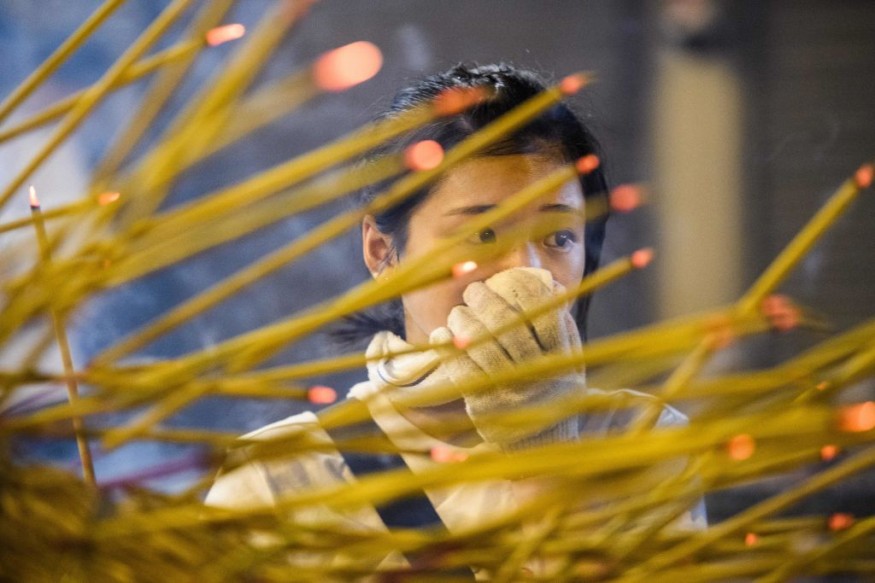
Already having trouble with your olfactory receptors following a battle with Covid-19? You are not the only one.
According to a recent study, around 5% of individuals with verified Covid-19 cases - or approximately 27 million individuals globally - have long-term impairment of scent or flavor.
No Smell or Taste Due To Covid-19?
Scientists assessed 18 earlier findings on taste and aroma decline throughout many countries and racial data in the study released Wednesday in The BMJ (the peer-reviewed medical journal of the British Medical Association).
Three-quarters of individuals who lost their ability to taste or smell recovered their sensations after 1 month. Although health outcomes increased massively, around 5% of patients experienced "persistent dysfunction" 6 months following being infected with Covid-19.
Professor Song Tar Toh, one of the study's authors and the department head of Otolaryngology-Head and Neck Surgery at Singapore General Hospital, in an electronic mail that numerous prior literatures show that having unbiased smell diagnostics can recognize much more individuals with aroma damage than if researchers invited them to self-report, as per NBC News.
Several victims, according to Jafari, likewise mention a distressing changeover time when their senses recover, during which they smell phenomena that aren't there, such as squealing tires or flames, or feel exceptionally awful odors.
Smell influences how we connect with one another and navigate the environment, defining "the initial perceptions of various individuals, the ones researchers pick for romantic experiences or lifetime companions," according to Patel.
As per National Library of Medicine report, seeing millions additional individuals globally with impaired smell - that might just be a tremendous global healthcare problem. Research finds that those with a higher sensitive sense of flavor and aroma are considerably more probable to detect a deficit and receive treatment for a disability.
Women have a keener sense of smell than males on average, and physicians are beginning to notice an upsurge once more in their office.
Also read : Woman Recovered from 19-foot Crocodile's Stomach Shortly After Swallowing Her Whole Body in Indonesia
Millions of People Losing Their Sense of Taste and Smell
There are medications offered for patients whose have impaired their ability to taste as a result of Covid-19. Anyone can follow the epidemic throughout the world by examining Internet searches for scent loss, according to Patel.
Individuals who had fragrance impairment with Covid-19 are a distinct population, according to Dr. Aria Jafari, a rhinologist at the UW Medicine Sinus Center in Seattle who was not part in the current study.
It is simply now, after several thousands of citizens were impacted or have had loved ones impacted, that individuals are beginning to appreciate the enormous affects flavor and aroma have on your standard of living.
Loss of scent has been associated to greater child mortality in elderly adults and been found to have significant effects on folk's emotional and mental health, according to Dr. Zara Patel, a rhinologist at Stanford University who was not involved in the BMJ study.
Individuals who can't inhale or tastes may have greater rates of mental disease, sadness, and stress, according to Jafari. According to Jafari, over 50% of his clients who were robbed of their sense of smell took Covid-19 at some time.
Patel expressed hope that grant money and national good in smell and taste disorders will rapidly expand, allowing scientists to go deeper and discover novel solutions. It's wonderful to get information from all across the globe to further realize what's happening on and remove some heterogeneity from these studies particular to a clinical situation or organization, The Guardian reported.
The study shows that the ratio of individuals who regained their sense of smell increased steadily.
© 2026 NatureWorldNews.com All rights reserved. Do not reproduce without permission.





